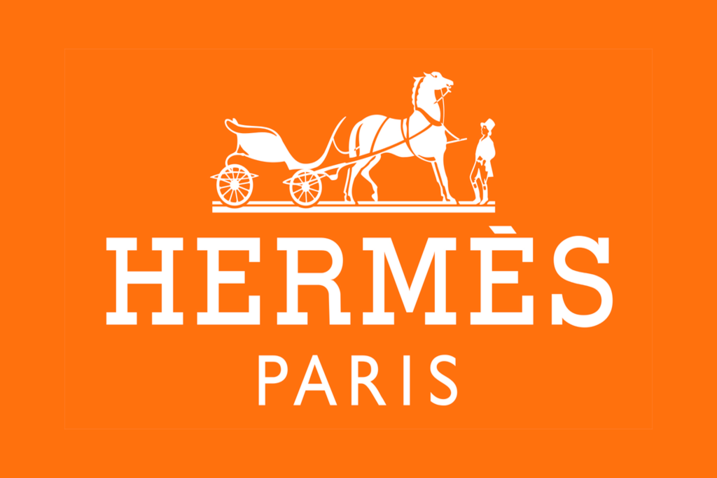SNEAK PEEK
- U.S. District Judge grants Hermès’ request for a permanent injunction against Mason Rothschild’s MetaBirkin NFTs.
- The court rules that MetaBirkin NFTs infringe on Hermès’ trademark rights and mislead consumers.
- Judge Rakoff emphasizes the necessity of protecting consumers from deception and rejects Rothschild’s motions for a new trial.
In a groundbreaking ruling, U.S. District Judge Jed Rakoff has granted luxury fashion brand Hermès’ request for a permanent injunction to cease the sales of artist Mason Rothschild’s controversial “MetaBirkin” non-fungible tokens (NFTs).
The court found that these digital artworks infringed on Hermès’ trademark rights, deceiving customers and misleading them into believing that the renowned fashion house endorsed Rothschild’s NFTs.
Judge Rakoff, refusing Rothschild’s motions for a verdict overturn and a new trial, emphasized the necessity of a permanent injunction to protect consumers from further deception.
He firmly stated that Rothschild’s scheme aimed to defraud customers by utilizing variations on Hermès’ trademarks, falsely suggesting an endorsement of his lucrative MetaBirkins NFTs. Rakoff stressed that such actions cannot be shielded by the First Amendment, emphasizing that legal responsibility cannot be evaded under the guise of artistic expression.
Hermès, known for its iconic Birkin purses, initially filed a lawsuit against Rothschild last year, alleging trademark violation due to his creation of 100 NFTs depicting images of the luxury brand’s signature bags adorned with brightly colored fur. The fashion giant referred to Rothschild as a “digital speculator” and accused him of operating a “get rich quick” scheme that exploited the Birkin trademark while misleading consumers into thinking the fashion business supported the tokens.
Responding to the lawsuit, Rothschild, whose true identity is Sonny Estival, argued that the MetaBirkins constituted an absurdist statement on luxury goods and were protected by the First Amendment’s provisions for artistically relevant use of trademarks, without intentionally misleading consumers.
This landmark decision raises crucial questions about the intersection of digital art, trademarks, and consumer protection. While digital art ownership has gained traction through the use of NFTs—special tokens on blockchain networks—this case highlights the need for artists to respect established trademark rights and not exploit them for personal gain.
As of now, neither Hermès nor Rothschild has issued an immediate comment regarding the court’s decision. Nonetheless, this verdict serves as a significant precedent, underscoring the importance of maintaining the integrity of trademarks in the digital art realm and safeguarding consumers from misleading practices.
Judge Rakoff’s ruling in favor of Hermès marks a milestone in the legal landscape surrounding NFTs, emphasizing the responsibilities and limitations artists face when using trademarks within their works. The case sheds light on the evolving relationship between art, commerce, and intellectual property, fostering an ongoing conversation about the boundaries and ethical considerations within the digital art world.









